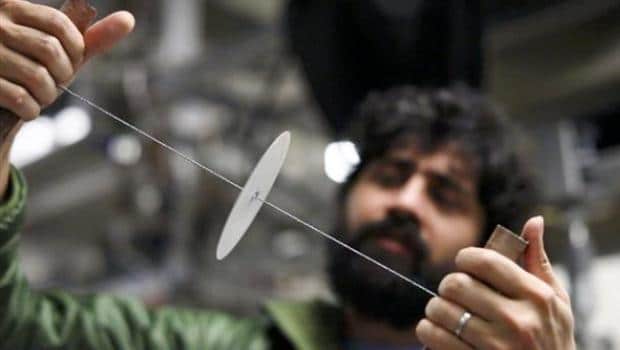Scientists at the Stanford University have developed a 3D printing device that detects malaria. This tool is inspired by a swirling toy of the Bronze Age. Malaria is a fatal disease and its diagnosis is tricky in remote areas. The diagnosis is done using a centrifuge where the blood sample is spun at high speed. The parasites get separated and the infection is diagnosed.
Manu Prakash, a professor of bioengineering at Stanford University, decided to develop this device while on his trip to Uganda. He realized that medical workers needed a centrifuge that could be powered without electricity. The instrument to diagnose the disease would have to be affordable too. On getting back to California, he started his experiments on developing the centrifuge that could be used without electricity. The team first tried their hands on a YO-YO and finally settled upon this swirling device from the ancient times. When they recorded that the device could make 10000 to 15000 rotations per minute, they decided to use the whirlgig as a base model. They designed a highly efficient tool that could make 125000 revolutions per minute. They made this structure using paper and named it the paperfuge. The paperfuge’s functionality was tested in Madagascar for real. The tests were a success and cost just 20 cents for a piece.
The researchers also created the device using the SLA 3D printer. Over 100 3D plastic whirlgigs were 3D printed. They used a desktop 3D printer (Form 2, Formlabs), to 3D print lightweight (20 g) prototypes of different ‘3D-fuges’. These ‘3D-fuges’ spin at 10000 rpm and though they are not as fast as the paper version, the 3D printed devices are made of plastic and hence are durable and resilient. They would prove more useful in remote places where there is a dearth of resources.
